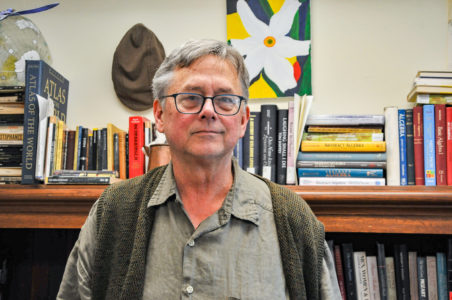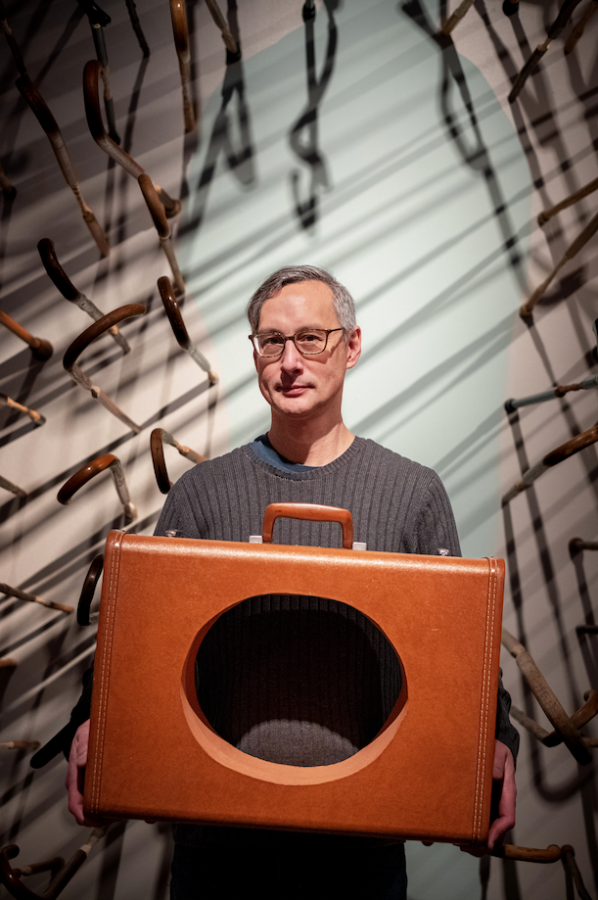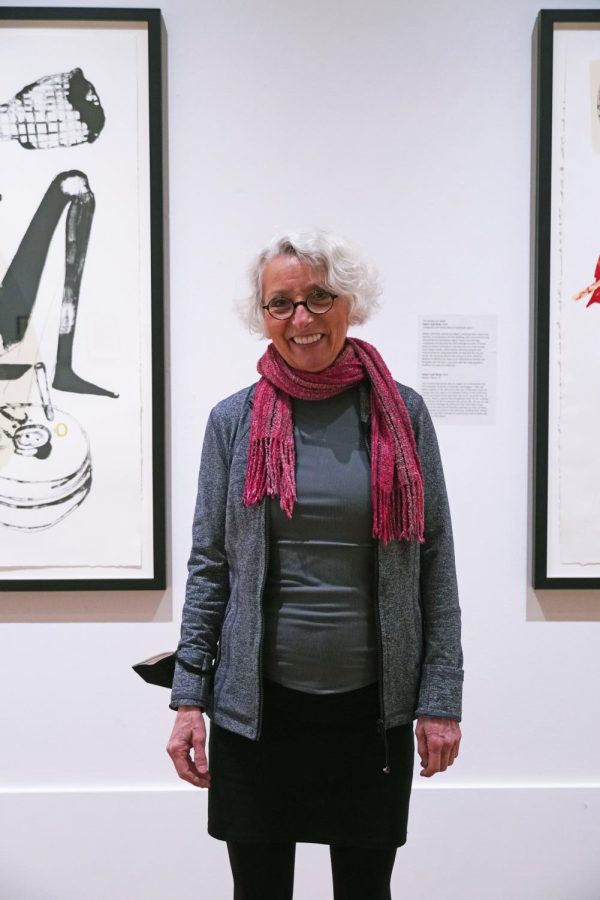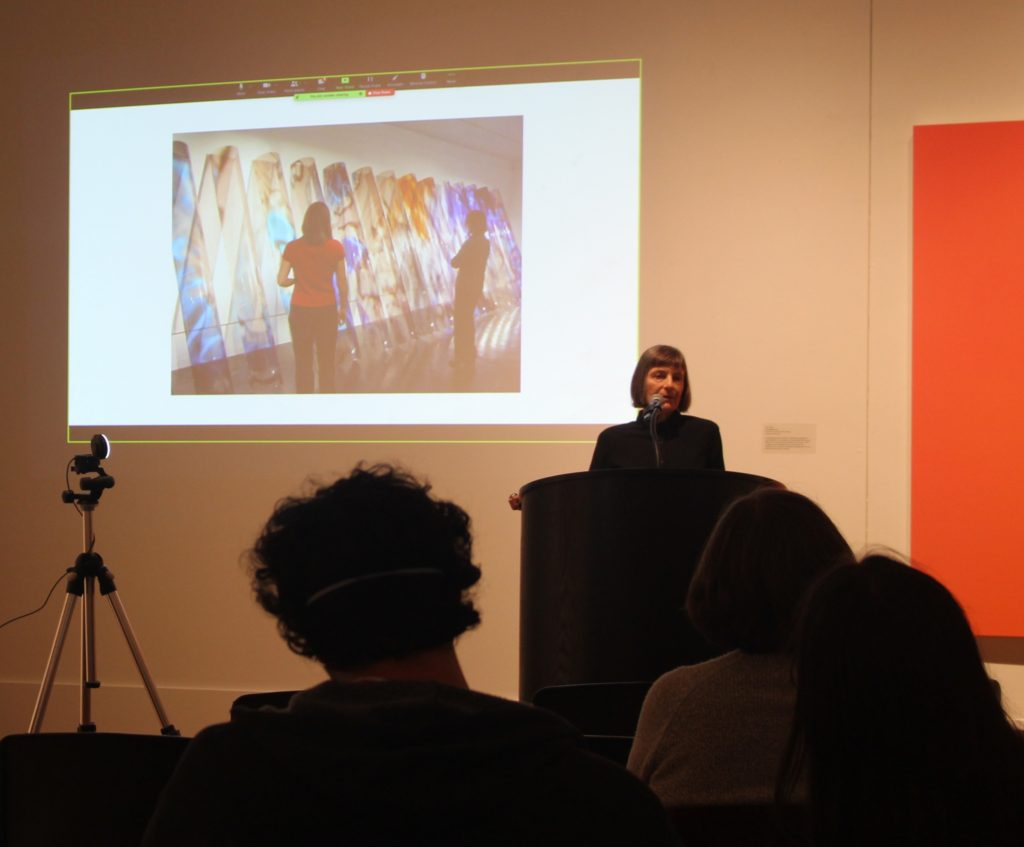
One of the most rewarding aspects of mastering a particular discipline is earning the right to break the rules.
This was exactly what Professor Royce Wolf, mathematics, attempted in his piano recital, entitled “How Not to Play Bach on the Modern Grand Piano” on Tuesday, Nov. 13 in the Faulconer Gallery. Despite playing sections of “Well-Tempered Clavier,” one of Bach’s most renowned compositions, Wolf took multiple creative liberties in his rendition. He opted to read from sheet music, a practice usually denounced in the recitation of Bach and only played the piece’s preludes, which usually come paired with complementary fugues.
Most importantly, Wolf played his recital using the pedal, a generally disputed custom, as Bach himself composed in a time period before the pedal was invented.
“Bach is God for musicians, for pianists and keyboard players in particular, but musicians in general,” said Wolf. “He was an unbelievable figure in terms of summing up the Baroque era and preparing the formal structures of music for the future generations.”
Wolf’s decision to stray from the accepted standards of performing Bach came from the fact that he “had a lot of fun playing with the pedal” and wanted to accomplish what others claimed he shouldn’t.
“My piano teachers told me I wasn’t going to use the pedal, so it was a bit of a cathartic experience on my part, to finally get out and play a recital,” Wolf said.
Despite drawing enjoyment from subverting the piano world’s norms, Wolf also finds pleasure in exploring the formal elements of a piece of music. Composers such as Ludwig van Beethoven and Johannes Brahms adhere to a strict structure that Wolf appreciates. Beethoven, in particular, understood that “you had to do a Sonata in a certain way … [He] accepted that entirely and then took these formal rules and stretched them to the limit. That process of breaking through that very rigid mold into something else just made him one of the pivotal great figures.”
Part of the reason that Wolf enjoys a formal structure so strongly is his background as a mathematician. Wolf often draws on his aptitude for logic and problem-solving to master a piece.
“Piano is just like, well, look, that note right there says to play that note right there. Okay, well, I’ll just do a lot of that,” Wolf said. “That’s not a musical ability, that’s kind of a more mathematical ability. When I look at a piece of classical music and I try to understand how it’s put together, I feel like I’m using my math brain.”
The process of connecting notes written on a page to keys on a piano is not the only aspect of music that strikes Wolf as mathematical. He also referenced the science of tuning a piano, as well as the act of creating harmony.
“Mathematics can be defined as the organization of abstract principles, very loosely, and that’s what you’re doing with harmony,” Wolf said. “You’re taking these abstract sounds and triads and putting them all together, making sense of them.”
While Wolf tried his hand at composing while working towards his undergraduate degree in music, he claims that the skill never came naturally to him. Instead, he prefers to dive into the history and style of classical music and see where it takes him.
























































